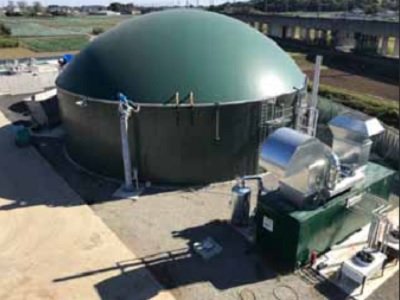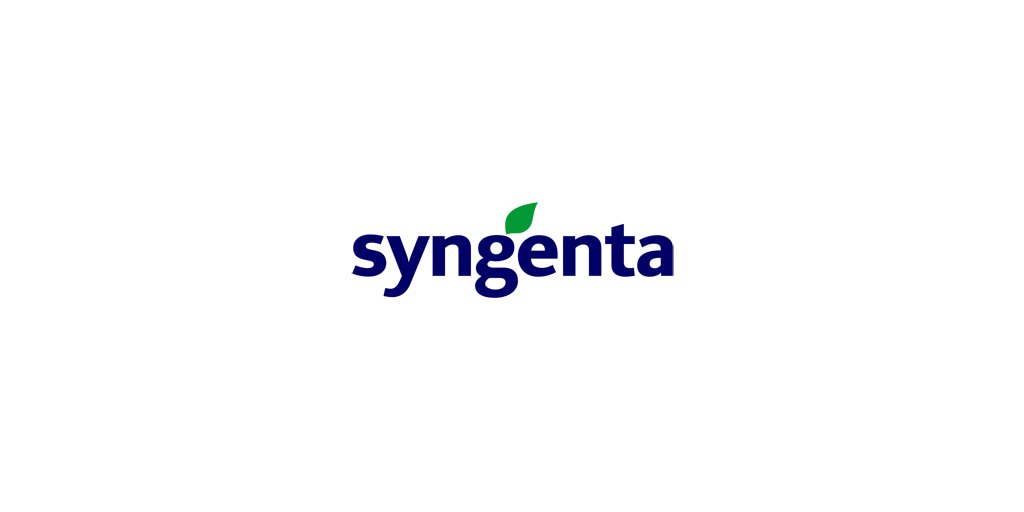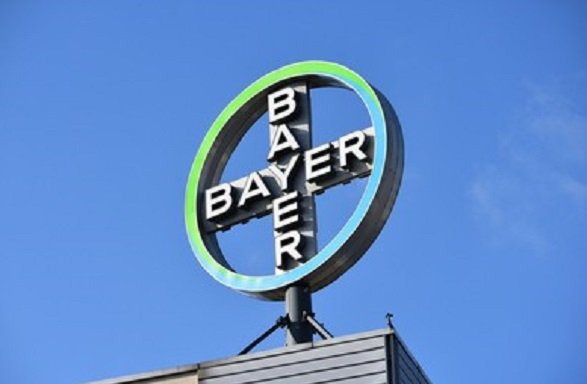Govt to organise Sagar Parikrama to promote fisheries
The programme will start in Mandvi on Feb 5 and end in Porbandar on Feb 6
Union Minister for Fisheries, Animal Husbandry and Dairying, Parshottam Rupala will inaugurate the ‘Sagar Parikrama’, organised by The Department of Fisheries, Ministry of Fisheries, Animal Husbandry and Dairying, Government of India and National Fisheries Development Board along with Department of Fisheries, Government of Gujarat, Indian Coast Guard, Fishery Survey of India, Gujarat Maritime Board and fishermen representatives on February 5, 2022.
The Parikrama, starting from Mandvi at Shyamiji Krishna Varma Memorial, Gujarat, as a part of ‘Azadi Ka Amrit Mahotsava’, is an endeavour to know the problems of Coastal fisher folk. It will be organised in other districts of Gujarat and other State/UTs in subsequent phases.
Raghavjibhai Patel, Minister of Agriculture, Animal Husbandry and Cow-breeding, Government of Gujarat; Jitubhai Chaudhari, State Minister of Kalpsar and Fisheries; Jatindra Nath Swain, Secretary (Fisheries), Government of India; Nalin Upadhyay, Secretary (Fisheries), Govt of Gujarat and senior officials of Department of Fisheries, Govt of India, National Fisheries Development Board, Govt of Gujarat, Fishery Survey of India, Gujarat Maritime Board, and Indian Coast Guard are likely to grace the occasion.
The Parikrama shall be accompanied by the state fisheries officials, fishermen representatives, fish-farmers entrepreneurs, stakeholders, professionals, officials and scientists from across the nation.
During the event, certificates /sanctions related to the Pradhan Mantri Matsya Sampadha scheme (PMMSY), KCC & State Scheme shall be awarded to the progressive fishermen, especially coastal fishermen, fishers and fish farmers, young fishery entrepreneurs etc. Literature on PMMSY scheme, state schemes, FIDF, KCC etc. shall be popularised among fishers through print media, electronic media, videos and digital campaigns with jingles. A song on Sagar Parikrama shall also be launched in the contest of ‘Azadi Ka Amrit Mahotsava’.
The journey of ‘Sagar Parikrama’ shall focus on the sustainable balance between the utilization of marine fisheries resources for food security of nation and livelihoods of coastal fisher communities and protection of marine ecosystems.
The Sagar Parikrama is proposed to be conducted in all coastal states/UTs through a pre-decided sea route down right from Gujarat, Diu, Maharashtra, Goa, Karnataka, Kerala, Tamil Nadu, Andhra Pradesh, Odisha, West Bengal, Andaman & Nicobar and Lakshadweep Islands to have interaction programme with fishermen, fisher communities and stakeholders in these locations and districts to know the problems of coastal fisher folk.
The first leg of ‘Sagar Parikrama’ shall start on February 5, 2022, from Mandvi and end at Porbandar on February 6, 2022. The entire distance will be covered from the coastline of Mandvi on the coast of the Arabian Sea in the Kutch district of Gujarat, situated at the estuary where the river Rukmavati meets the Gulf of Kutch.
The programme will start in Mandvi on









